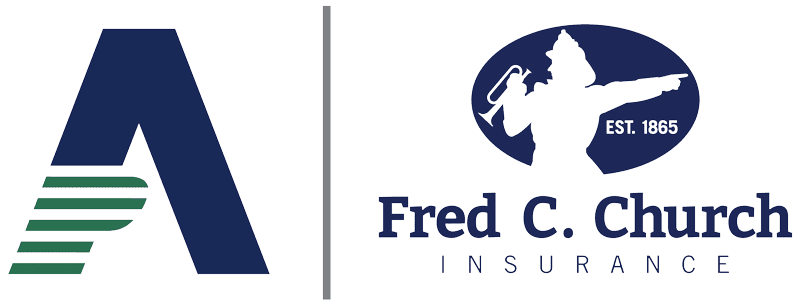The pandemic has not only upended the way workplaces look—it has also resulted in unanticipated fines from OSHA. Many employers in industries that typically do not require the use of respirators, such as construction companies, restaurants, some manufacturers, and warehouses, have not been aware that they needed to implement a respiratory protection program if employees are wearing masks in the workplace, even if it’s only voluntarily.
A respirator, as defined by OSHA, is: any disposable or reusable device that covers a person’s breathing zone for the purpose of removing airborne contaminants.
If your state is lifting mask mandates, and you still plan to request or allow your employees to wear masks, then you could be at risk to receive a fine from OSHA if your company has not taken steps to develop a respiratory safety program. Since the start of the pandemic through the end of December 2020, OSHA reported $3.7 million in COVID-19-related fines.
The most commonly cited violations are that employers fail to:
- implement a written respiratory protection program;
- provide a medical evaluation, respirator fit test, training on the proper use of a respirator, and personal protective equipment;
- report an injury, illness, or fatality;
- record an injury or illness on OSHA recordkeeping forms;
- comply with the General Duty Clause of the Occupational Safety and Health Act of 1970.
Following OSHA guidelines and regulations was just one item in a long list of worries that employers had to deal with over the past year. From purchasing masks and face shields to protect frontline workers to investing in Plexiglas barriers to separate customers or participants from each other and employees, unexpected COVID-19-related expenses have overwhelmed already taxed budgets.
Implementing a respiratory safety protocol to help you potentially avoid thousands of dollars of potential OSHA fines is an important pandemic-response action for you to consider.
How do you implement a respiratory protection program?
To establish what is required for your company to comply with OSHA standard 1910.134, we suggest you visit the Department of Labor website. Once you’ve determined if you need to implement a respiratory program, OSHA recommends you appoint a program administrator whose role should be to:
- identify work areas, processes, or tasks that require workers to wear respirators, and evaluate hazards;
- ensure adequate air quantity, quality, and flow of breathing air for atmosphere-supplying respirators (if applicable);
- select respiratory protection options;
- monitor respirator use to ensure that respirators are used in accordance with their certifications;
- arrange for and/or conduct training;
- ensure proper donning and doffing of masks;
- ensure proper storage, cleaning, inspections, and maintenance of respiratory protection equipment;
- conduct qualitative fit testing;
- administer a medical surveillance program;
- maintain records required by the program;
- evaluate the program;
- update written program, as needed.
Once you have appointed an administrator, it’s critical that all OSHA guidelines are followed by your employees, contractors, and vendors. One way to ensure compliance is to select supervisors who will oversee the implementation and enforcement of your safety program.
It is important to keep in mind that any work-related injury or illnesses that result in hospitalization require notification to OSHA within 24 hours, and a death must be reported within eight hours. It is also essential that you regularly update your OSHA 300 log with any injuries or illnesses that result in days away from work, restricted duties, or a job transfer.
The risk management team at Fred C. Church has additional tools that we can provide to help keep you compliant and set you up for success, including a “Respiratory Protection Safety Program Guide and Training Materials” and sample Medical Questionnaire and Fit Test documents.
For more information about our risk management tools and how Fred C. Church can support your business, construction company, manufacturing plant, or health and human services operation, please contact our team today. We would welcome the chance to get to know you and your business.



